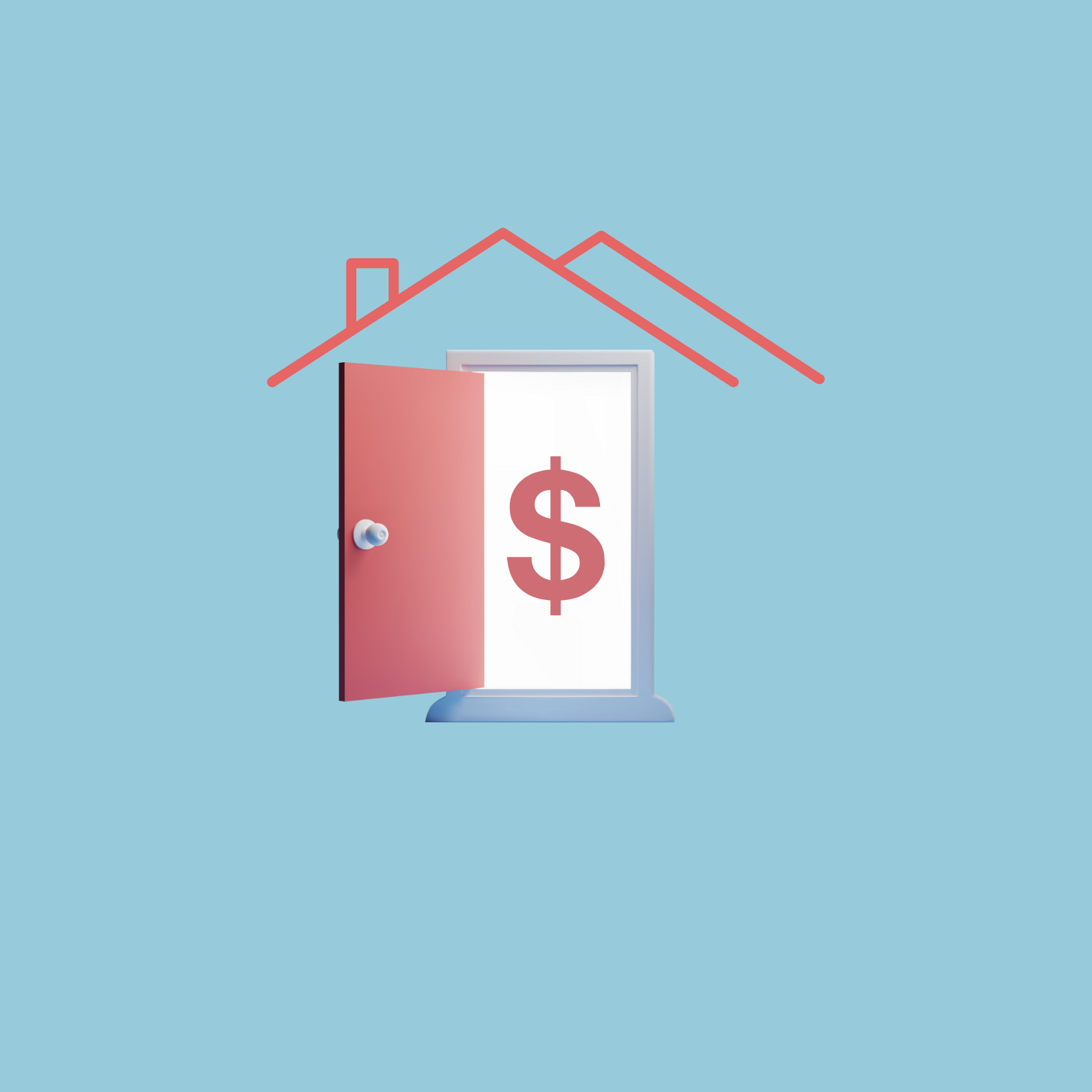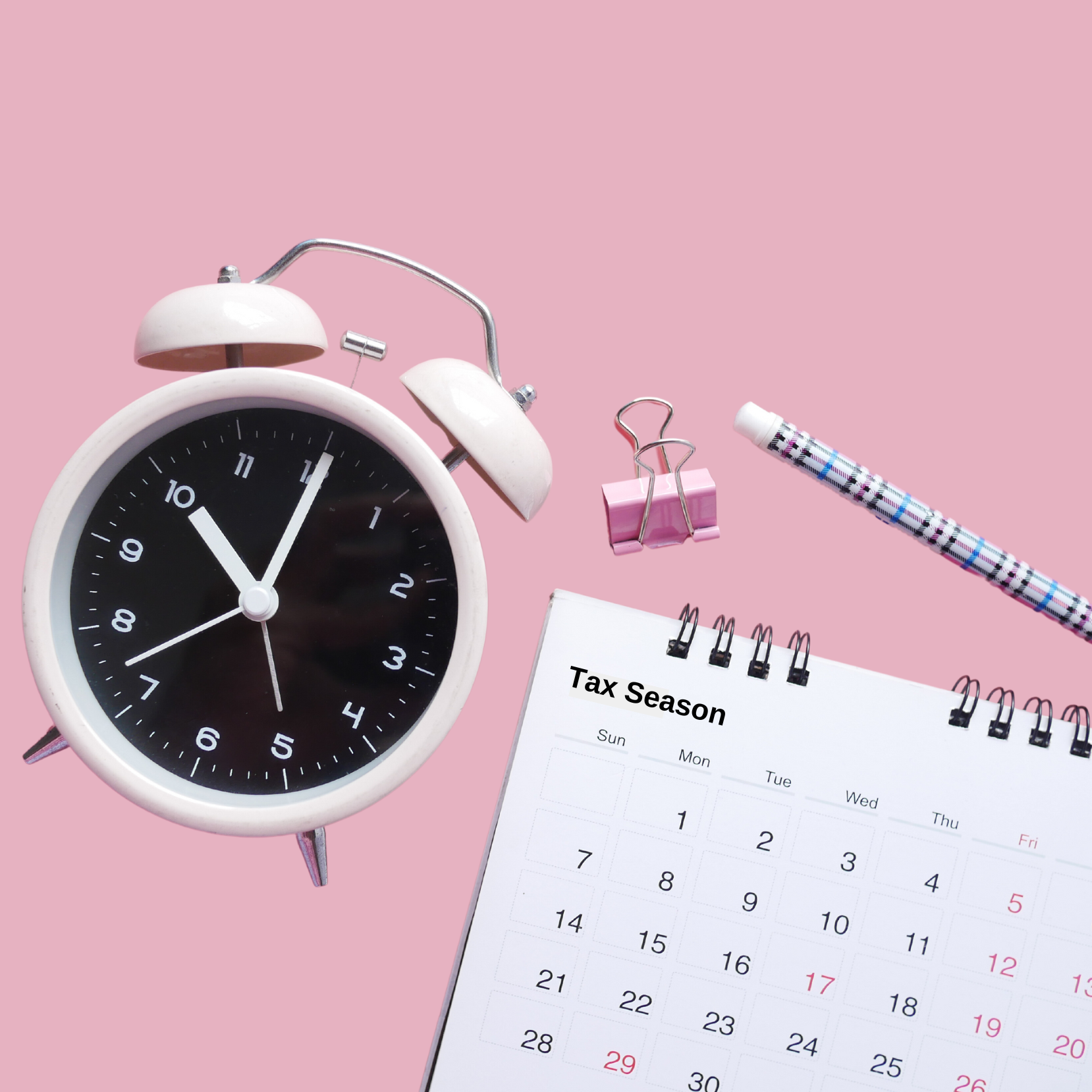Note re CRA Extension #2: To provide more time for affected residential property owners to comply, the CRA announced on October 31, 2023 that the application of penalties and interest will be waived for any late-filed Underused Housing Tax (UHT) return as long as the return is filed (and any tax is paid) by April 30, 2024. A link to the text of the announcement can be found on the CRA website here.
The Underused Housing Tax applies to you if:
- You own residential real estate in Canada in a corporation, partnership or trust (not personally)
OR
- You own residential real estate in Canada AND are neither a Canadian citizen nor a permanent resident
If you fall into either category, you may need to file an Underused Housing Tax (UHT) return by April 30 regardless of whether your property is underused or vacant.
There are significant penalties if the UHT return is applicable to you and not filed on time.
What is the Underused Housing Tax and why was it created?
The federal Underused Housing Tax (UHT) was intended to target vacant or underused residential real estate owned, directly or indirectly, by foreign nationals who are neither Canadian citizens nor permanent residents. The UHT is equal to 1% of the value of the residential property.
Unfortunately, in designing the Underused Housing Tax Act (“UHTA”) the government has effectively required everyone who owns residential real estate in Canada (unless held personally by a Canadian citizen or permanent resident) to file a UHT return even if they are exempt of the UHT.
Who should read this article
- Canadian citizens or permanent residents of Canada (“Canadian individual”) who owned residential real estate in Canada on December 31, 2022 to determine whether you are required to file a UHT return and to confirm your exemption from the tax;
- Stakeholders of a corporation, estate, trust, or partnership who owned residential real estate in Canada on December 31, 2022 to understand its requirement to file a UHT return and determine whether an exemption to UHT applies;
- Non-Canadian individuals who owned residential real estate (including indirectly through a trust, corporation, or partnership) in Canada on December 31, 2022 to understand your requirement to file a UHT return and determine whether an exemption to UHT applies.
When is an Underused Housing Tax return due?
April 30th of the following year (e.g., April 30, 2024 for the 2023 year. Note: See CRA extension for the 2023 year at the top of this article.)
Who must file an Underused Housing Tax return?
Registered owners of residential real estate in Canada as of December 31, other than an “excluded owner”, will be required to file an annual return for each residential property by April 30 of the following year.
Excluded Owners – Find out if you are exempt from filing an Underused Housing Tax Return
Excluded owners are exempt from filing a UHT return. As of December 31 of a calendar year, excluded owners include:
- Individual Canadian citizens or permanent residents of Canada (“Canadian individuals”), unless they would be exempt as an owner in their capacity as a trustee or partner (excluding personal representatives of a deceased individual);
- Publicly traded Canadian corporations;
- Persons with title to property in their capacity as a trustee of a mutual fund trust, real estate investment trust or specified investment flow-through trust (SIFT);
- Registered charities;
- Cooperative housing corporations;
- Municipal organizations and other public institutions and government bodies;
- An Indigenous governing body or a corporation; and
- “Prescribed persons” (not yet defined by regulation at the time of writing)
For most persons reading this, the only exemption that might be applicable to them is #1 (above) meaning all other owners of residential real estate in Canada will need to file a UHT return. If you are not an excluded owner, you are referred to as an affected owner.
Penalties for failing to file an Underused Housing Tax Return
Failure to file your return by April 30 of the following calendar year
If you fail to file your return for a residential property for a calendar year by April 30 of the following calendar year, you have to pay a penalty that is the greater of the two following amounts:
- $5,000 for affected owners who are individuals or $10,000 for affected owners who are not individuals (such as corporations); and
- the amount that is the total of the following:
- 5% of your underused housing tax payable for the residential property for the calendar year
- 3% of your underused housing tax payable for the residential property for the calendar year multiplied by the number of complete calendar months that the return is past due
Failure to file your return by December 31 of the following calendar year
If you fail to file your return for a residential property for a calendar year by December 31 of the following calendar year, there is an adjustment to the penalty calculation that could result in even higher penalties.
Who must pay the Underused Housing Tax?
Persons who, on December 31 of a calendar year, are affected owners of residential properties that are situated in Canada, have to pay the UHT on each residential property situated in Canada that they own unless their ownership of a particular residential property is exempt for the calendar year. For a more comprehensive explanation of these exemptions, go to this page on the CRA website.
How is the Underused Housing Tax calculated?
The UHT applies to the “taxable value” of a residential property in respect of a calendar year, which is the greater of the assessed value of the property in respect of the calendar year for property tax purposes, and the property’s most recent sale price. Owners can also elect to use the fair market value of the property.
The amount of UHT an owner is required to pay in respect of a residential property for a calendar year is determined by multiplying the owner’s ownership interest in the property by the property’s taxable value by the 1% rate of tax.
How to file the Underused Housing Tax return
The UHT return along with the instructions can be found on the CRA website here.
For many affected owners that are Canadian citizens or permanent residents who hold real estate indirectly, the UHT return will primarily require them to complete basic information about themselves, disclose information about the property that will come from their property tax assessment, and to confirm (where applicable) what exemption applies.
File your return electronically: click here
File your return by mail:
Where you send the return will depend on:
- the place where you reside (for individuals)
- the physical address of your corporation (for corporations)
Please see more details in “Filing the return” section in link here.
Paying the tax
If an amount of UHT owing is less than $50,000, you can attach a cheque or money order to your UHT return. You can also pay amounts of less than $50,000 owing electronically. For more information on how to make your payment, go to this page. For amounts owing that are $50,000 or more, you must make your payment through an accepted financial institution.
If you do not pay an amount of UHT owing for a calendar year to the Receiver General by April 30 of the following calendar year, interest will be calculated and added to that amount.
Video
Watch a video featuring Stern Cohen Tax Partner Adam Morke, CPA, CA, TEP. Please note that this interview was recorded before the CRA announced a filing extension without penalty to April 30, 2024 for 2022 UHT returns (if filed and any balance paid before that date).
Disclaimer: This article is intended to inform readers in general terms. It is not intended to provide any tax or business advice. Please consult your Stern Cohen advisor if you have any questions about your unique situation. While we have tried to ensure the accuracy of the information in this article, we accept no liability for errors or omissions.



